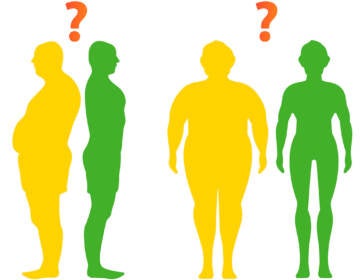Gut Feeling
Listen 48:28
Bigstock
You know when you get butterflies in your stomach? Or your gut clenches with fear? Or the way a gory movie can fill you with nausea? Those feelings exist because of a special connection between our heads and our tummies called the gut-brain axis. On this episode, we explore how that connection works, the strange effects it can have on our stomachs (and our minds), and why scientists are creating “guts on chips” that mimic our digestive systems.
Also heard on this week’s episode:
- About 16 years ago, Robin started getting sick: she experienced nausea, a sudden urge to go to the bathroom, even passing out on a train. Doctors had no idea what was going on — until, finally, she got a diagnosis — IBS. Reporter Alan Yu explores the history of this mysterious illness, why it’s so difficult to diagnose, and the unexpected treatment that doctors have discovered.
- Number two is not what you might call polite conversation. In South Korea, however, poop is a celebrated part of life, and asking people if they’ve had a bowel movement yet is no big deal. Reporter Matthew Schneeman talks with some locals about how this cultural difference plays out in real life.
- The interactions between the brain and the gut are really complicated and difficult to tease apart. We hear from Abigail Koppes, an assistant professor of chemical engineering at Northeastern University, who is designing research platforms she calls “guts on a chip.” The goal is to isolate different cells from the human body, and understand exactly how they talk to each other.
- Morgan Steele Dykeman started dieting when she was 12 years old. By college, she was limiting her food intake to less than 500 calories a day. Carbs were the enemy, and bread, especially, was a forbidden food. She describes her recovery, and relearning how to eat bread without shame and guilt — and without her stomach being in knots.
- Alexander Charles Adams felt nauseous for months. Throwing up became a daily part of life, which led to anxiety and depression. We hear about Alexander’s medical journey through this digestive nightmare, and what turned out to be the culprit.
Segments from this episode
WHYY is your source for fact-based, in-depth journalism and information. As a nonprofit organization, we rely on financial support from readers like you. Please give today.






